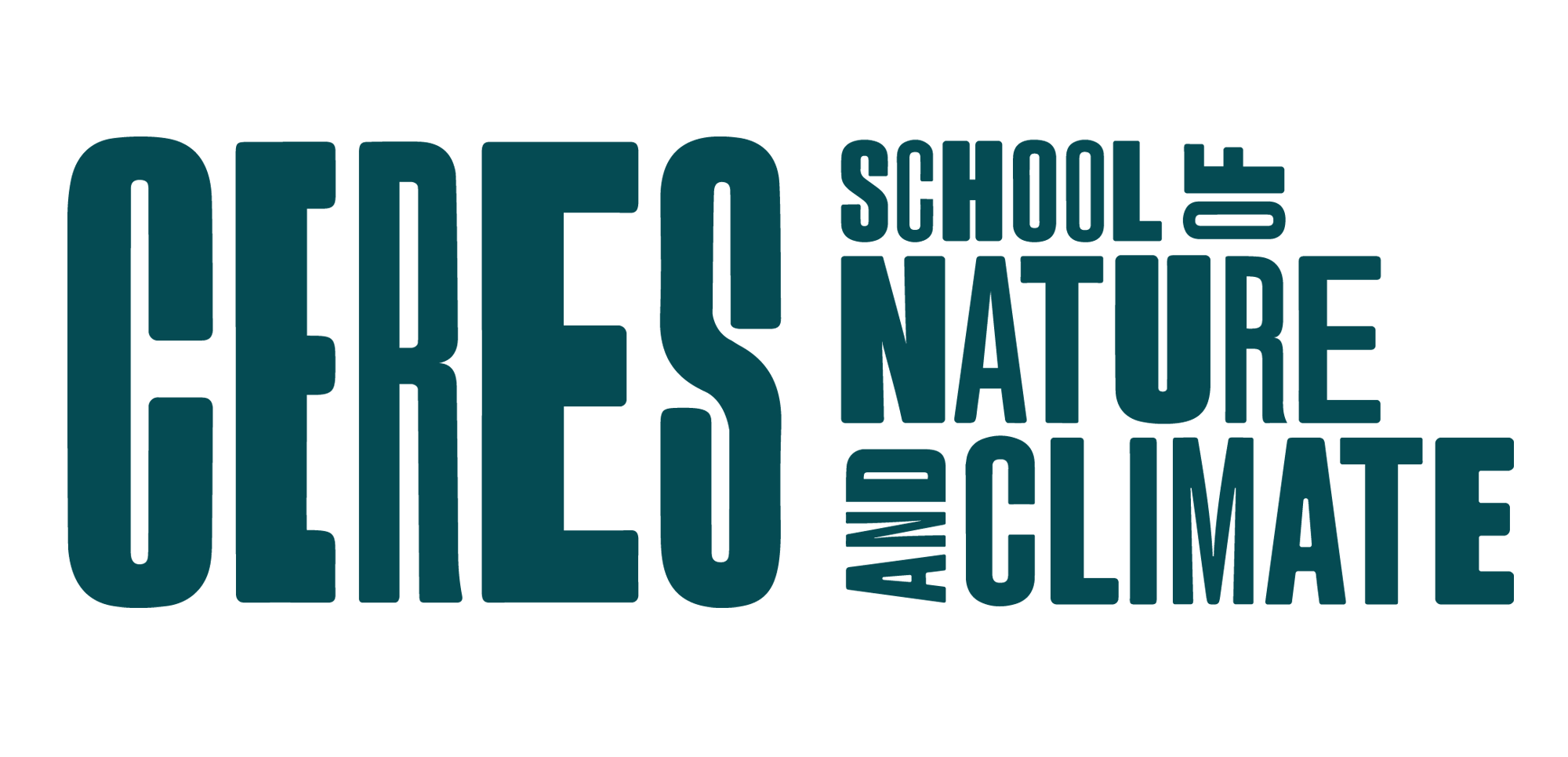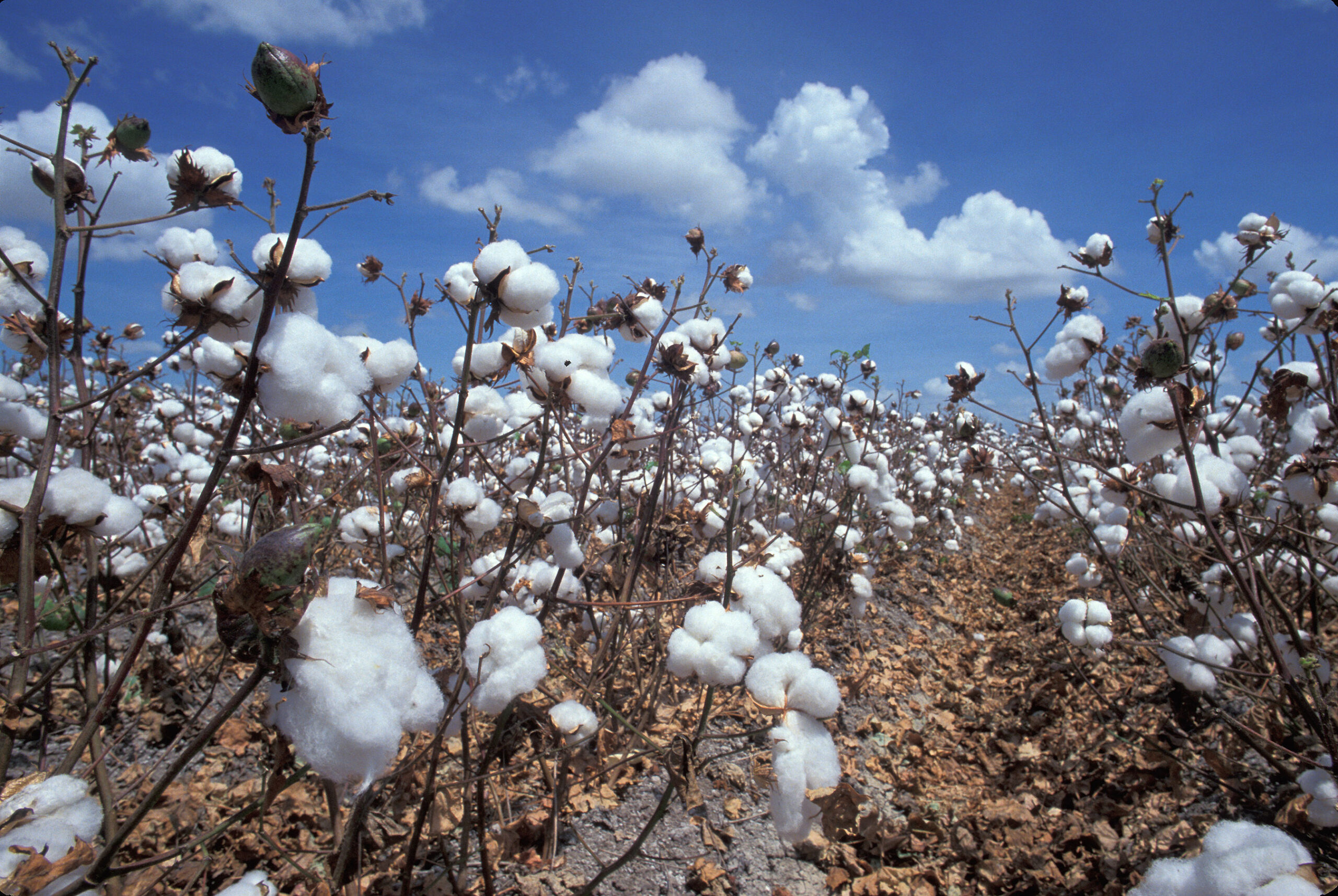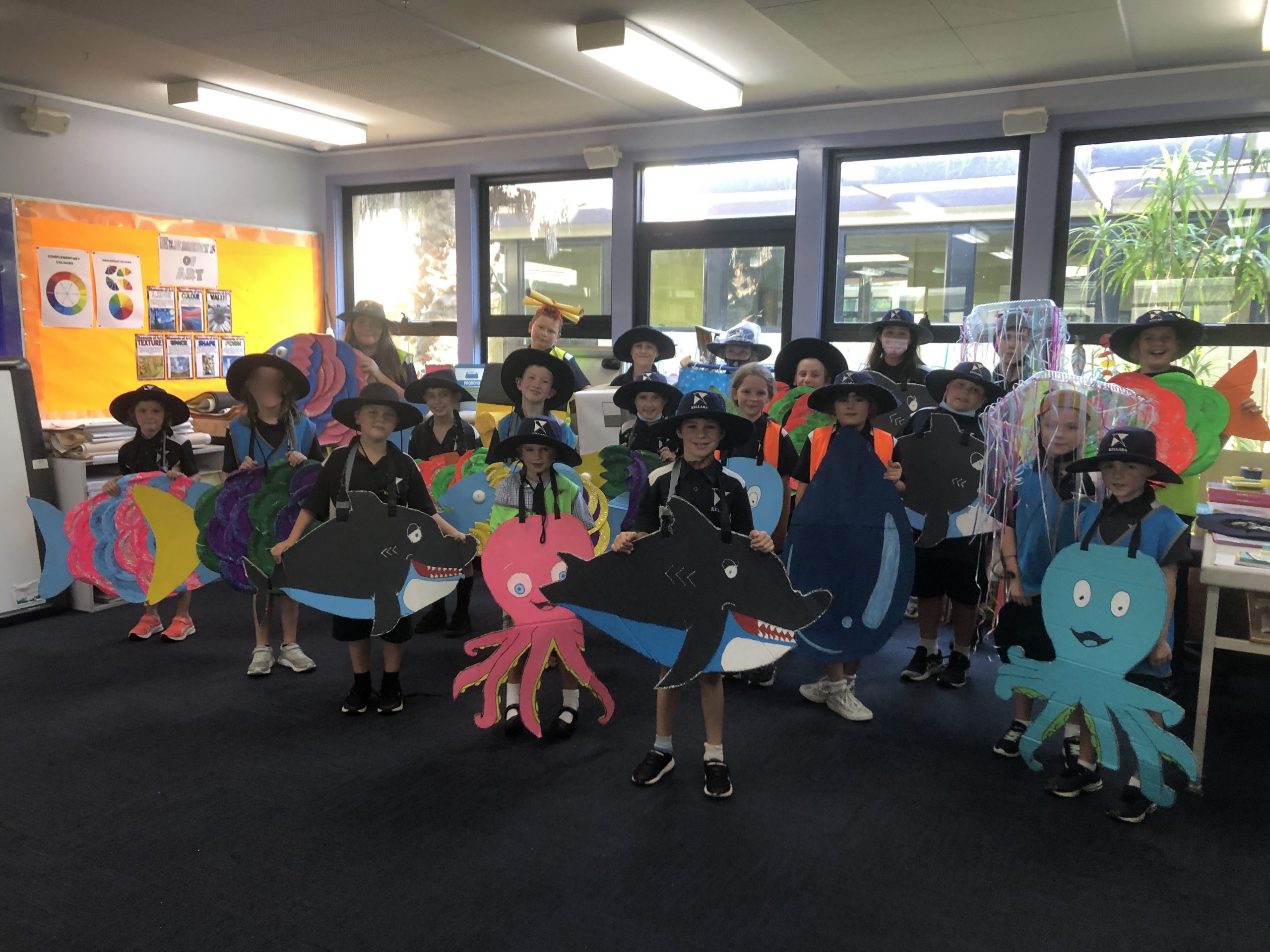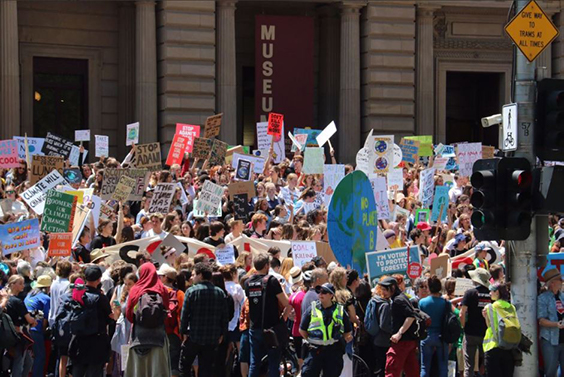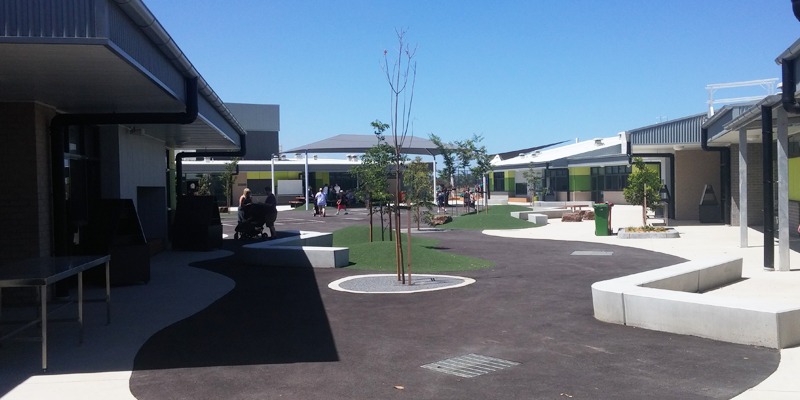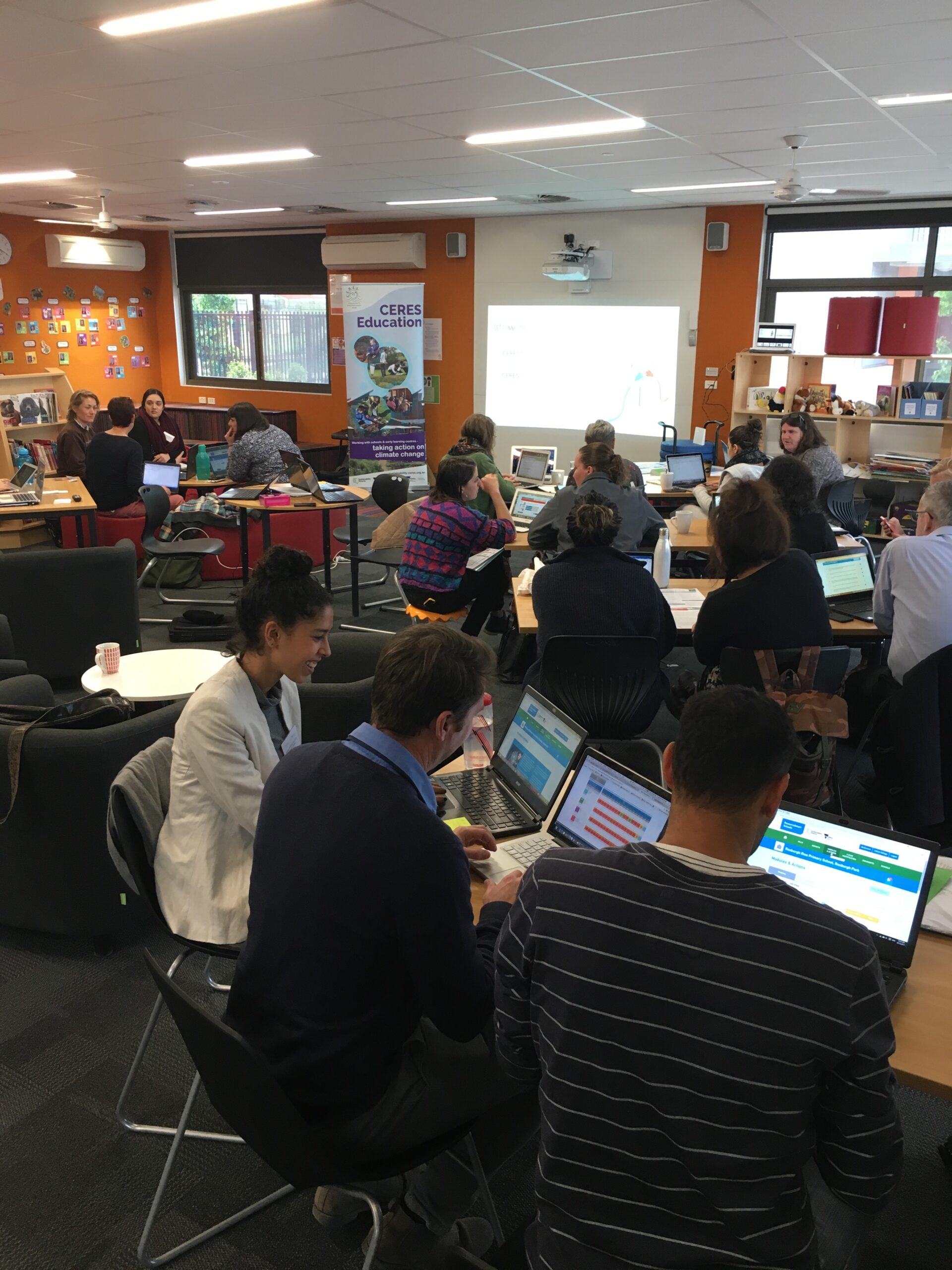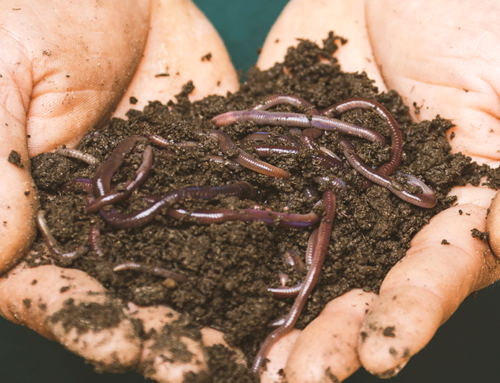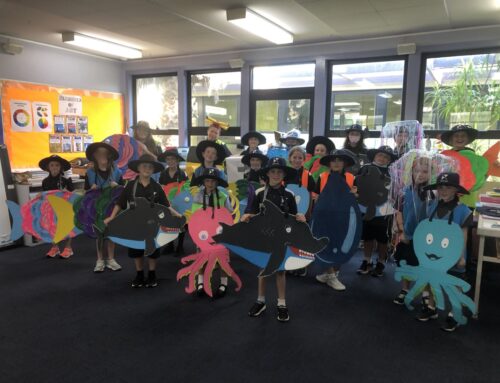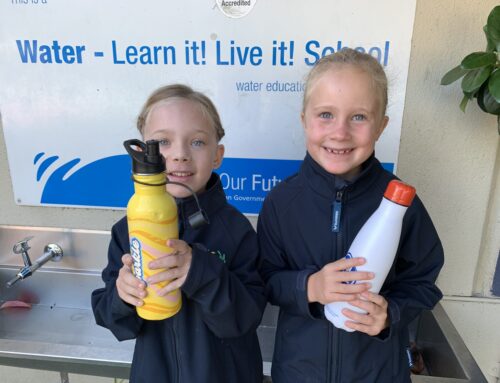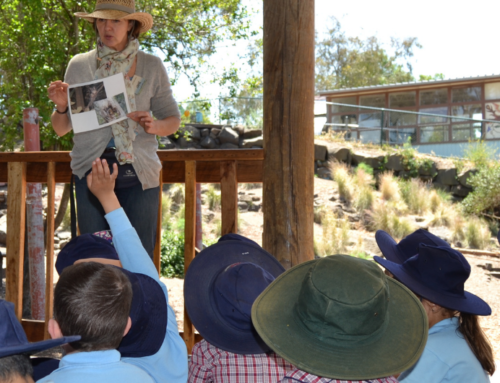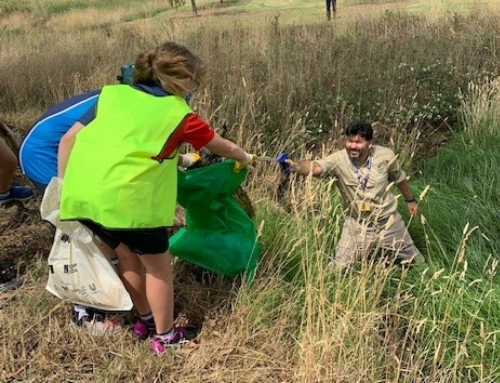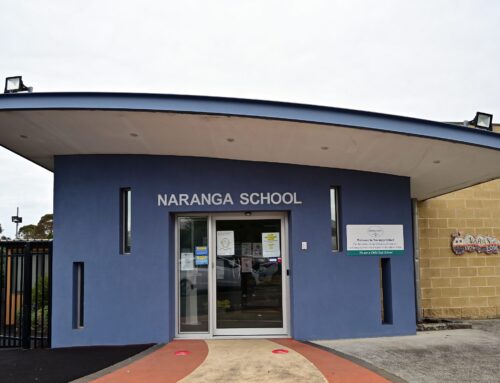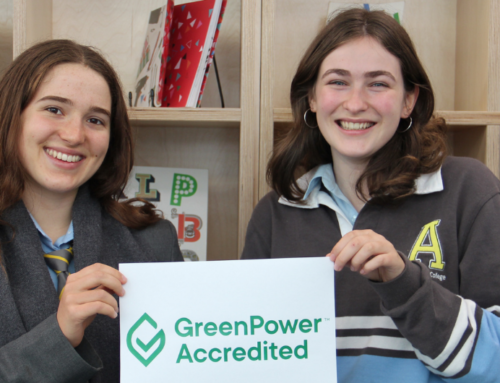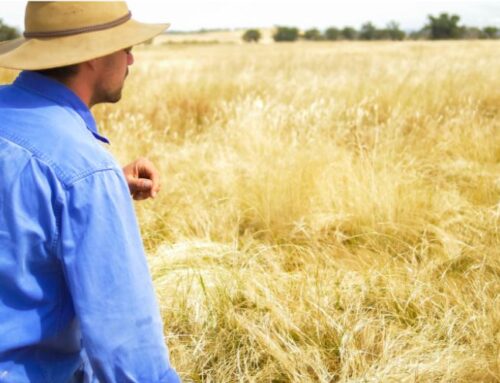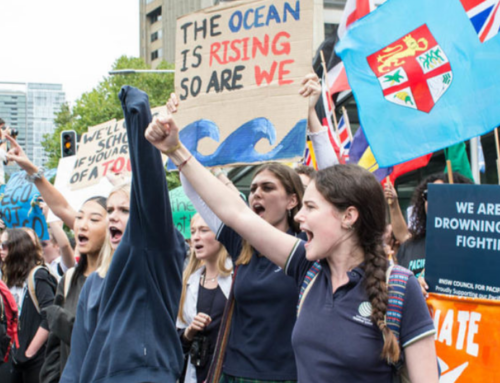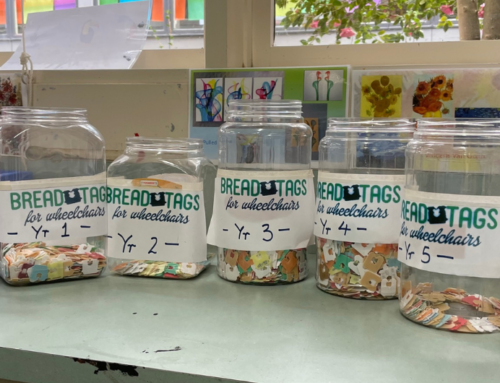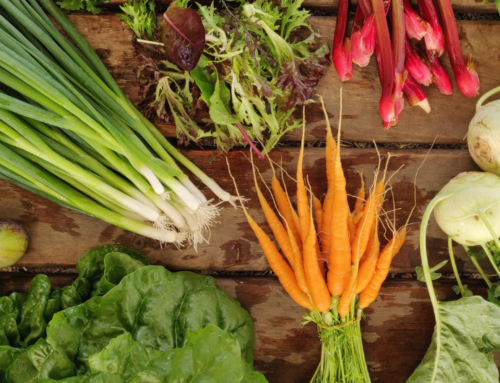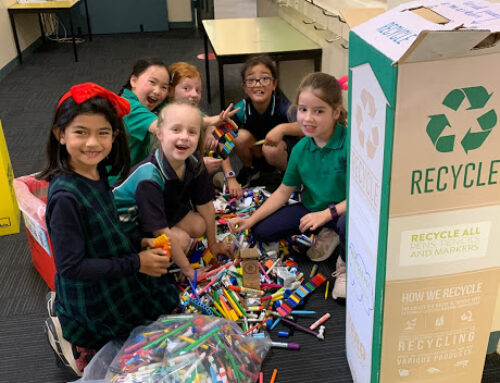April 2018
In this edition of ‘What Inspires Me’ we feature Emily Hui, Teacher and Sustainability Coordinator at Auburn South Primary School. This school is currently a 2Star ResourceSmart School and currently working through their Biodiversity module. Emily has initiated lots of sustainability programs since she started at the school, and continues to inspire her colleagues and students to work towards helping animals and the environment.
1. How did you first get started with environmental education?
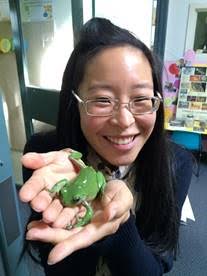
It came naturally as I always had an appreciation and affinity with nature and wanting to make a difference. My grandparents converted their back garden into a vegetable garden and had fruits trees. My parents also grew some of their own food too. We were outdoors a lot riding our bikes, playing cricket, looking for ladybirds in our grandparents’ garden or picking and tasting the fresh produce from the garden. As a kid, I was a Bilby member of the Australian Conservation Foundation and wrote letters into the Bilby Bulletin. In high school, my friends and classmates would see me picking up rubbish and sometimes help; albeit out of guilt. I brought my own calico bag to do my shopping way before the whole ‘green bag’ thing – actually mum was mortified advising that the shop keepers would think I’ve stolen the items! However I persisted and hey, it’s ‘normal’ now! Haha! In uni, I volunteered for many, many, many organisations (I was a volunteer-a-holic) including Zoos Victoria where part of my role was educating the public to develop an appreciation for the wonderful animals and their habitat.
In my first years of primary teaching, the classroom I was in had a beautiful outdoor courtyard. My Year 1 students and I thought ‘wouldn’t it be lovely to grow some veggies instead of the wild weeds and bushes?’ Wow! What an exciting project! When I shared it with a few colleagues, I was told they had done it before and it is no longer around because it was too hard to maintain. Luckily being a fresh teacher, I thought I’d give it a try anyway! As luck would have it, I was rather fortunate to have met some permaculturist (Helen Greenway and Seila Hierk, an amazing garden specialist who works at Aspendale Gardens PS and Keysborough PS) in uni and they volunteered their expertise to design the garden with the kids. The students also reached out to parents and the school community to help with the working bee, getting a water tank donated & installed! Then we were hooked! In the next few years, it grew from there – the veggie garden, and environmental education projects, curriculum and a student action team at the school!
On the first day at my current school, the principal announced that I was the sustainability co-ordinator before he even asked me! Haha! Guess it was a given.
2. What have been the biggest highlights of your journey so far?
There has been so many in the past decade. It’s rare that we stop and consider it but it’s always an honour to host other educators at our school whether it’s through our local Boroondara & Monash Teachers Education Network meetings or Resource Smart Progress Workshops. I’m proud to share our journey so far and to connect and learn from each other.
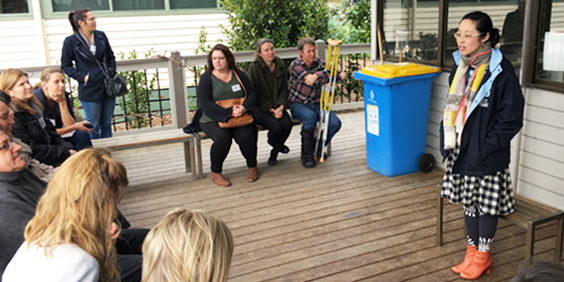
A very memorable highlight earlier on in my career came from a storybook, ‘Mang: The Wild Orangutan’. Little did I know that one story book would be the springboard to such great passion and empowerment! It sparked a conversation around the effects of palm oil on the orang-utans and their habitat. The Year 1/2 students wanted to take action, writing letters to our local MP. To our surprise, she took them to the parliament to show Premier! To top that off, one of the parents researched information on how to adopt an orangutan, assisted the students in brainstorming ways of raising $6 each (including doing a bunch of chores – the parents were happy too!). We achieved our target and adopted Baby Nody, an adorable orang-utan. Through our work, we educated and empowered our school community. It also showed the students that despite their age, they can still take action, be heard and make a difference!
Swimming with seals and dolphins as part of the ‘i Sea, i Care’ program with the Dolphin Research Institute was a true perk of the role too!
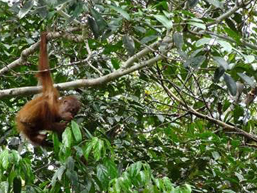
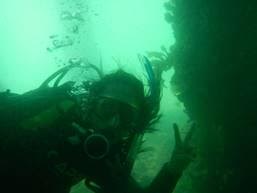
Some more recent ones include:
- Seeing Year 1s passionately educating Preps on the issue of soft plastic and installing soft plastic collection with the classroom recycling collection bin.
- Being invited to share ‘my ethical decision making journey’ with Year 4s and hearing about their actions they were inspired to take and change.
- Clean Up Day FAIL – when our yard was so clean, we had to cancel as there wasn’t any rubbish to pick up. Big thanks to a cool video by a duo of Year 6s earlier.
- Our Walktober, Nude Food November and Blender-Bike created such interest that our Green Team doubled.
- Educating and empowering the community outside of the school domain, through community groups such as Plastic Bag Free Victoria and Zero Waste Victoria at events such as the Sustainable Living Festival, Spring Into Gardening and Practically Green Festival.
3. How do you engage with people that are not buying into the sustainability message?
- Lead by example, encourage others and provide the opportunity for change.
- Celebrate the successes of what they have achieved so far, no matter how small it may seem for each step is a step forward.
- Change takes time, it takes courage. It’s not ‘all or nothing’.
- Knowing your why; your purpose and your values.
- Be patient, kind and understanding.
4. Can you share a school sustainability project or story that you’ve heard about that stood out for you?
- Albert Park Primary and St Kilda Primary’s ‘Penguin Friendly’ zero waste school fete or event. They have even developed a terrific How to run a Penguin Friendly (zero waste) School Fete or Event Guide with the Port Phillip Eco-Centre
- Armadale Primary’s bin-free school yard – yes, they really don’t have any bins in the yard!
- Inspiration from the ELC world through ‘Nature play’ with Dr Sue Elliott and ‘Flexible & creative indoor/outdoor learning environments’ with Louise Dorrat
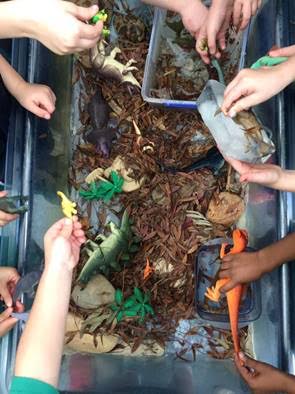
5. What is your favourite environmental education resource for schools?
Fellow environmental educators – staff, parents and students! Connecting, sharing and learning from each other within the school community as well as wider reaches through TEN, Resource Smart progress workshops, sustainability events, online platforms and more!
6. If you could be a sustainability superhero, what name would you choose and what powers would you have to make the world more sustainable into the future?
“Mama Nature” – enabling humans to connect, communicate, appreciate and be grateful for our planet and all beings, see the bigger picture and make ethical and conscious decisions to create a better future for all.
Thank you Emily for sharing your story.
Learn more about Auburn South Primary School by visiting their website and their Sustainability Hub blog page.

